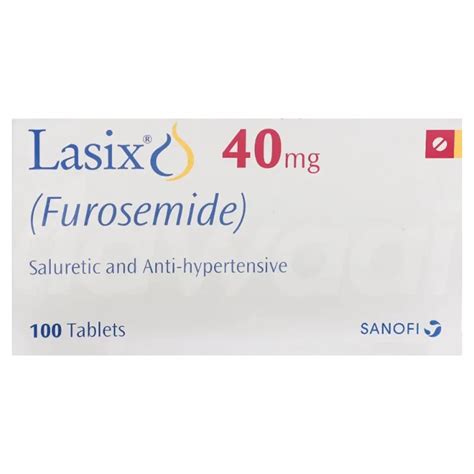10+ Omeprazole Side Effects To Watch Out For

Omeprazole, a proton pump inhibitor (PPI), is widely prescribed for treating conditions like gastroesophageal reflux disease (GERD), Zollinger-Ellison syndrome, and peptic ulcers. While it can be an effective medication, omeprazole side effects can range from mild to severe and impact various aspects of health. Understanding these potential side effects is crucial for managing treatment and minimizing risks.
Common Omeprazole Side Effects
- Headache: Many patients report experiencing headaches as a side effect of omeprazole. These are usually mild but can be severe in some cases.
- Diarrhea: Gastrointestinal side effects are common with omeprazole, and diarrhea is one of the most frequently reported issues.
- Nausea and Vomiting: These symptoms can be distressing and may lead to dehydration if not properly managed.
- Abdominal Pain: Stomach pain or cramps are possible side effects, which can be ironic given that omeprazole is used to treat stomach issues.
- Constipation: On the opposite end of the spectrum, some patients may experience constipation, highlighting the varied effects omeprazole can have on the digestive system.
- Dizziness: Feeling dizzy or lightheaded can occur, possibly due to the medication’s effects on the body’s chemistry.
- Rash: Skin reactions, including rashes, can be a side effect, indicating an allergic reaction or sensitivity to the drug.
- Fatigue: Feeling unusually tired or weak is a common complaint among patients taking omeprazole.
- Sleep Disorders: Some patients report difficulty sleeping or insomnia, which can be related to the medication’s impact on the body’s metabolic and neurological functions.
Less Common but Serious Omeprazole Side Effects
- Vitamin B12 Deficiency: Long-term use of omeprazole can lead to a deficiency in vitamin B12, as the drug can interfere with the body’s ability to absorb this vitamin from food.
- Increased Risk of Osteoporosis: Prolonged use of PPIs like omeprazole has been linked to an increased risk of osteoporosis-related fractures, likely due to impaired calcium absorption.
- Kidney Damage: Although rare, there is evidence to suggest that long-term use of PPIs can lead to kidney damage or exacerbate existing kidney problems.
- Clostridioides difficile (C. diff) Infection: The use of omeprazole can increase the risk of developing a C. diff infection, a type of bacterial infection that can cause severe diarrhea and colitis.
- Hypomagnesemia: Low levels of magnesium in the blood can occur with prolonged omeprazole use, leading to symptoms like muscle cramps, weakness, and irregular heartbeats.
- Interactions with Other Medications: Omeprazole can interact with a variety of other medications, either reducing their effectiveness or increasing the risk of side effects. This includes warfarin, phenytoin, and clopidogrel, among others.
Mitigating Omeprazole Side Effects
To minimize the risk of side effects, it’s essential to follow the prescribed dosage and treatment duration closely. Patients should also be aware of potential interactions with other medications they are taking and report any side effects promptly to their healthcare provider. In some cases, adjusting the dose or switching to a different medication may be necessary.
Conclusion
While omeprazole can be an effective treatment for various gastrointestinal conditions, being aware of its potential side effects is crucial for patient safety and well-being. By understanding the risks and taking proactive steps to manage them, individuals can balance the benefits of treatment with the need to minimize adverse effects.
What are the most common side effects of omeprazole?
+The most common side effects include headache, diarrhea, nausea, vomiting, abdominal pain, constipation, dizziness, rash, and fatigue. These side effects are usually mild but can be severe in some cases.
Can omeprazole cause long-term health issues?
+Yes, long-term use of omeprazole has been associated with several health issues, including vitamin B12 deficiency, increased risk of osteoporosis-related fractures, kidney damage, andClostridioides difficile (C. diff) infection.
How can I minimize the risk of omeprazole side effects?
+To minimize the risk of side effects, follow the prescribed dosage and treatment duration closely, be aware of potential interactions with other medications, and report any side effects promptly to your healthcare provider.
By taking a proactive and informed approach to omeprazole treatment, patients can navigate the potential side effects and work towards achieving the best possible outcomes for their health.



